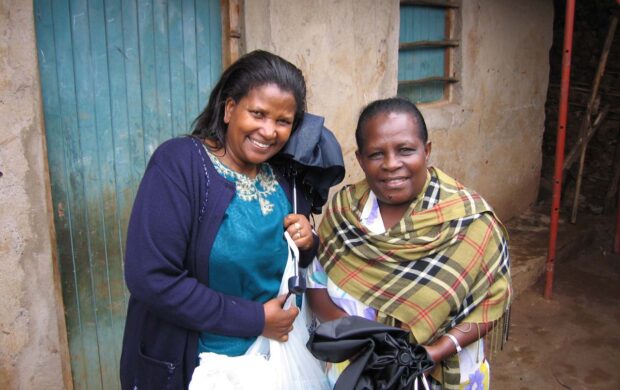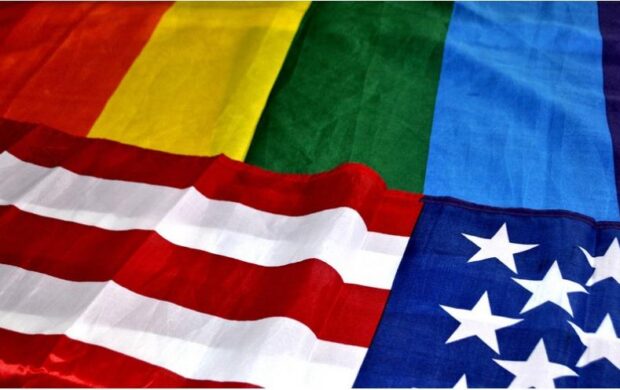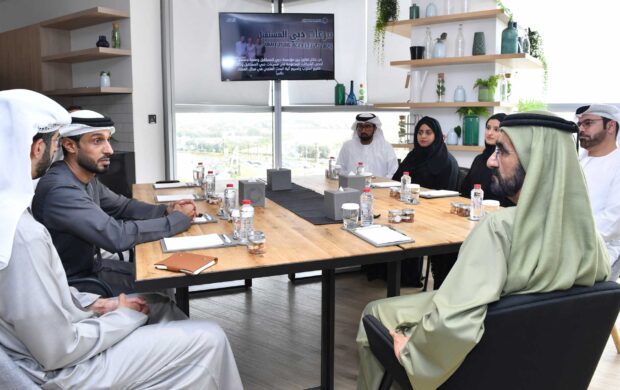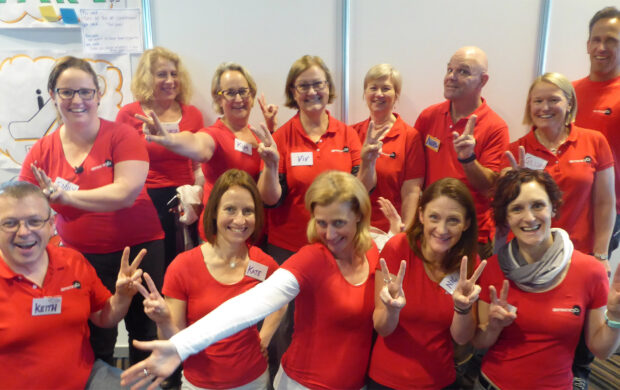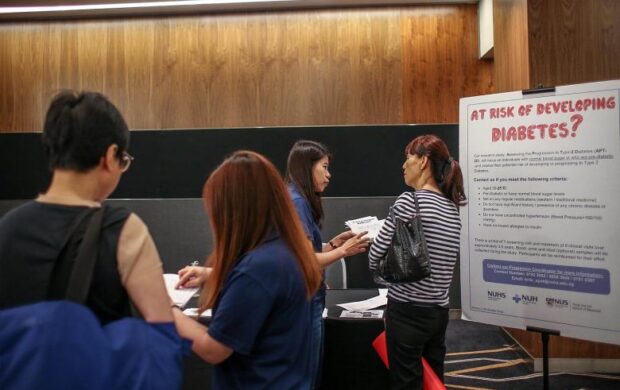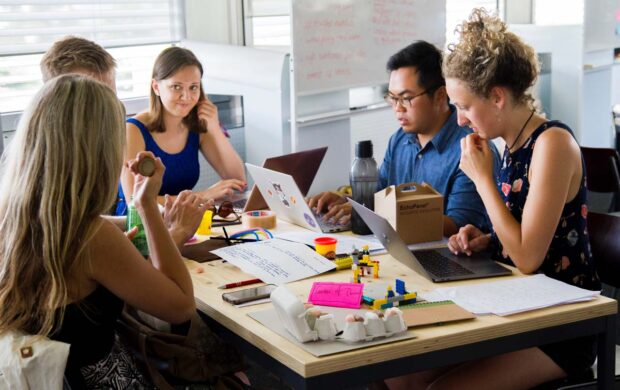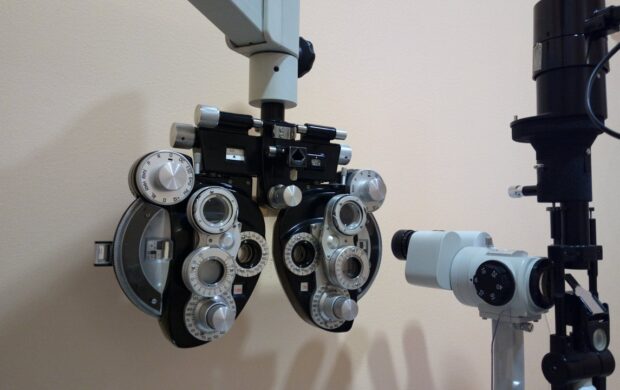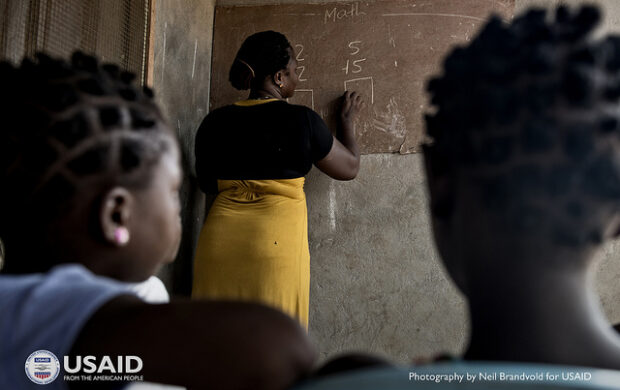A team of scientists and legal experts is welcoming people to join the first space nation, Asgardia, coined as a “a global, unifying and humanitarian project.”
According to Head of Nation Dr. Igor Ashurbeyli, the aim is for Asgardia to become a full-fledged independent nation, and a member of the United Nations. As a conflict-free no-man’s land, Asgardia will mirror humanity in space, minus the divisiveness of states, religions and nations. With false divides collapsed, everyone will be equal regardless of the prosperity of the country they happened to be born in.
With today’s commercialisation of space through activities such as asteroid mining, we risk seeing companies and nations at the forefront setting anti-competitive rules and monopolies. On the legal front, Asgardia seeks to create a ‘Universal space law’ and ‘astropolitics’ to protect the interests of developing nations as well as open up access to space technology.
Using protective shields Asgardia also wants to defend Earth against cosmic threats such as asteroids and space junk.

